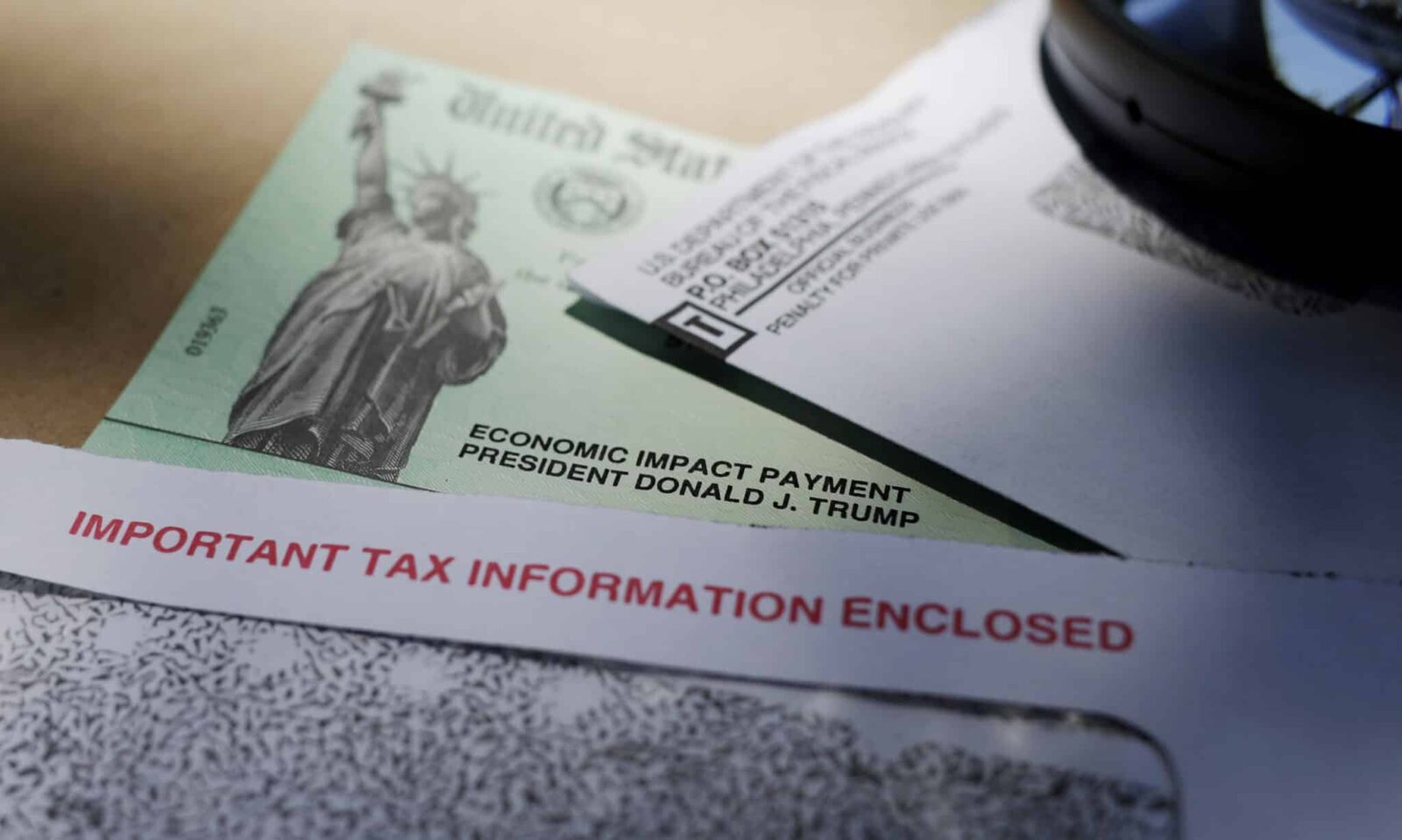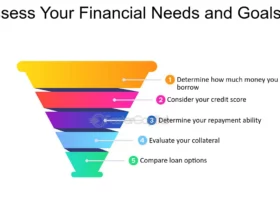Every year, millions of Americans diligently file their tax returns, hoping to accurately calculate their dues to the government. However, the intricacies of the tax system, coupled with life’s unpredictabilities, sometimes result in individuals grappling with substantial tax debt. If you find yourself in this predicament, don’t lose hope! The Internal Revenue Service (IRS) has implemented programs designed to help individuals reduce their tax liability and ease the burden of excessive debt.
In this article, we will delve into how you can harness the power of IRS tax relief programs to alleviate some of your financial burdens.
Understanding the Fresh Start Program
When the IRS acknowledges that taxpayers may be facing financial challenges, they introduce provisions to assist them. One such provision that has garnered significant attention is the Fresh Start Program.
The Fresh Start Program addresses tax issues by offering a more flexible approach to payments and penalty reductions. Key features of this program include:
- Expanded Installment Agreements: This allows individual taxpayers owing up to $50,000 to make monthly direct debit payments over a period of up to six years.
- Offer in Compromise (OIC): This program permits taxpayers to settle their tax debt for an amount less than the total owed. The IRS evaluates your unique circumstances, including your ability to pay, income, expenses, and asset equity.
- Penalty Relief: Certain unemployed taxpayers may qualify to have their failure-to-pay penalties waived.
Negotiating an Offer in Compromise (OIC)
An Offer in Compromise (OIC) is one of the most widely used methods to reduce the amount of tax owed. This program allows you to negotiate with the IRS to pay a reduced amount, particularly if paying the full amount would lead to financial hardship.
The key to a successful OIC lies in offering an amount that is both within your means and aligns with what the IRS believes they can reasonably collect within a specified period.
Applying for Penalty Abatement
Penalties can accumulate rapidly and can constitute a substantial portion of your tax liability. In certain situations, the IRS may eliminate penalties for taxpayers with a history of compliance, referred to as the First Time Penalty Abatement. If you qualify, this can significantly reduce your overall tax liability.
Opting for a Temporary Delay
If you are facing severe financial hardship, the IRS may temporarily suspend collection efforts. During this period, your account is put on hold, and you won’t be required to make payments. However, be aware that your tax debt will continue to accrue interest and penalties.
Setting Up an Installment Agreement
If you cannot pay your tax bill in full, consider establishing a monthly payment plan or installment agreement with the IRS. This enables you to gradually reduce your debt. Although you will still incur interest and some penalties, it is usually less costly than leaving your debt unpaid or attempting to pay it all at once, potentially causing financial hardship.
Checking Eligibility for Innocent Spouse Relief
There are instances where one spouse may be unaware of their partner’s actions that led to a tax debt. In such cases, the innocent spouse can apply for Innocent Spouse Relief, which may absolve them of the tax, interest, and penalties related to their spouse’s (or ex-spouse’s) actions.
Staying Informed About Tax Laws and Credits
Taking a proactive approach, rather than a reactive one, involves staying updated on the latest tax laws, deductions, and credits. By doing so, you can maximize your tax return and minimize your liability each year. It is always advisable to consult with a tax professional to ensure you are making the most of your financial situation.
In Conclusion
Facing a substantial tax bill can be overwhelming, but the IRS provides multiple avenues to help taxpayers manage and reduce their liabilities. From the Fresh Start Program to Penalty Abatements, there are options available to navigate your tax situation.
It is crucial to take prompt action and seek advice from a tax professional to determine the best course of action tailored to your specific circumstances. Remember, these relief programs exist to assist you, but making the most of them requires knowledge and timely action.












Leave a Reply